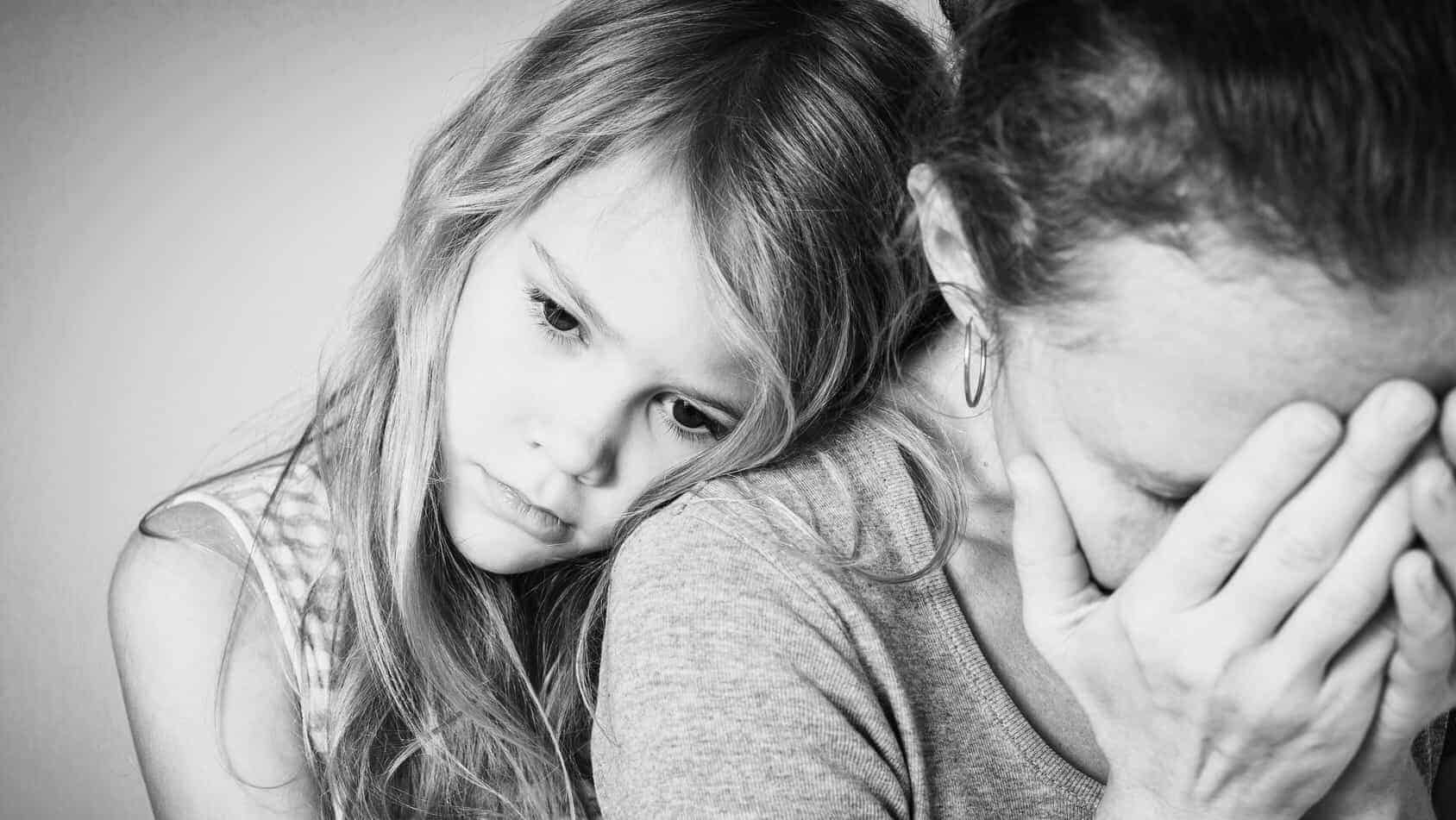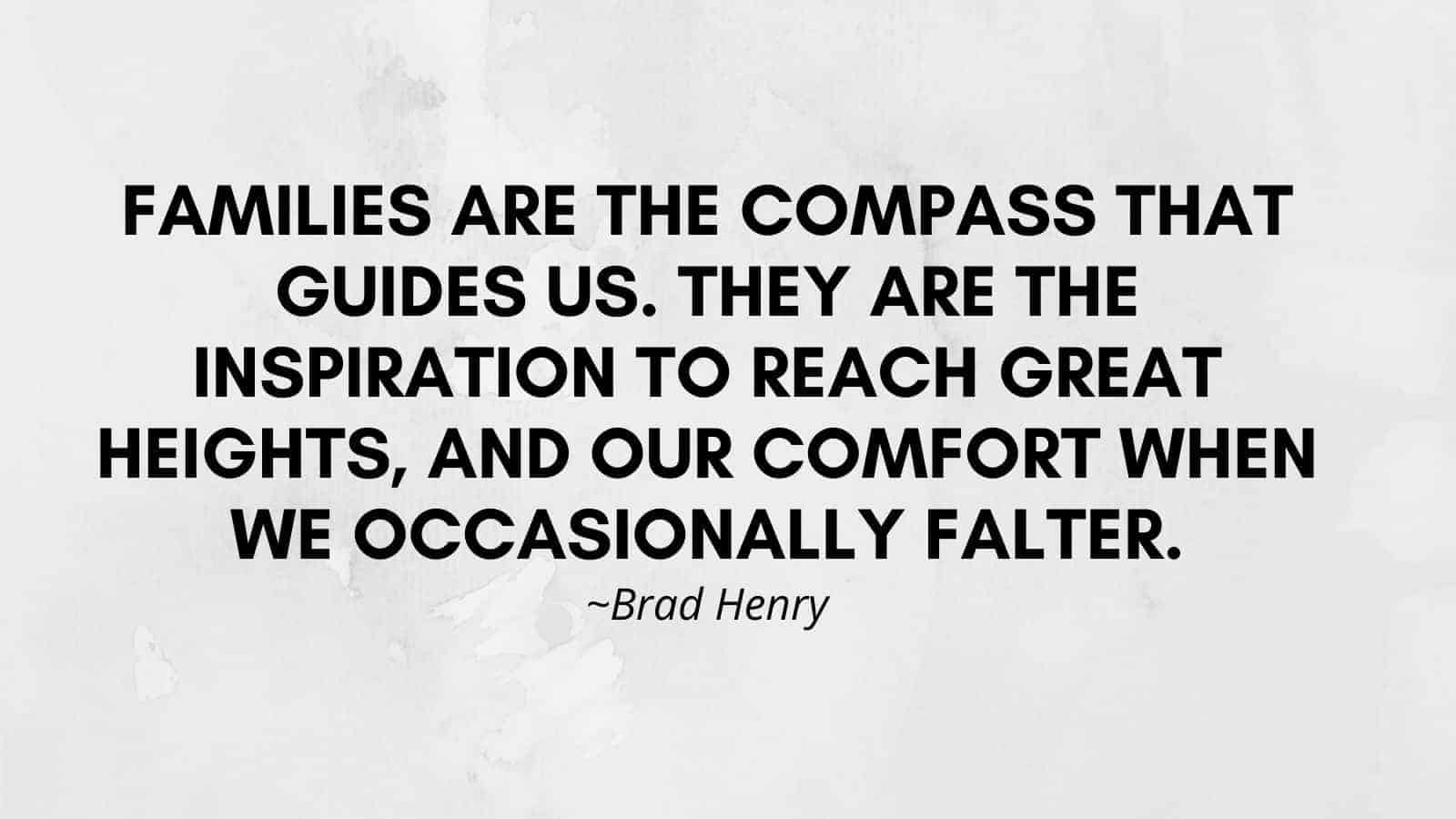Did you know that kids respond to parental arguments begin in infancy?
We’ve previously discussed how quickly a baby’s brain develops, and that this rapid development continues until about middle school.
The simplest possible way to explain it: children learn to act and speak through adults. They “mirror” an adult’s behavior. The odds are good that if a child hears a curse word or sees violence that it will stick with them.
A child doesn’t yet possess the cognitive faculties to regulate emotional states fully; thus, a child is subject to excessive levels of stress of anxiety without the ability to cope.
To illustrate the impact of a child’s sensory experiences during childhood, consider the abuse statistics of serial killers: 50 percent of serial killers were psychologically abused; 36 percent were physically abused, and 26 percent were sexually abused. Now compare these statistics to those general population: 6.9 percent, 17.2 percent, and 8.4 percent, respectively.
Admittedly, the above paragraph is an extreme example. Nonetheless, these statistics demonstrate a child’s vulnerability to what they see and hear. Nearly every mental health expert will concede that what a person experiences during childhood has a considerable influence on who they are as adults.
“Long-term stress is toxic to the young brain and impairs its key task, which is learning how to integrate and regulate thoughts and emotions.” – Terri Apter, Ph.D.
On a (much) lighter note, here are six behaviors to consider halting in front of your children:
#1 Talking over your child
More specifically, not listening and talking over your child. We all understand that most children are impulsive and, from time-to-time, this requires us adults to up our tone a bit.
However, proper communication between parent and child is crucial to their development. Dr. Barbara Greenberg, a renowned child and adolescent clinical psychologist, states:
“Toxic parents are known for not listening to their kids, but instead, talking over them or at them…parents (should) make a concerted effort to remain silent and listen, listen, and listen some more… (the child) will talk more and confide more.”
#2 Not practicing self-control
It’s very easy for a parent to become frustrated with a child (consider a young adolescent.)
Most adults are ignorant to the degree of which their actions encourage or discourage a child’s behavior. “When you learn to identify and manage your own parenting frustrations, you’ll be amazed at how your child’s challenging behaviors can quickly improve,” says child psychologist Dr. Jeffery Bernstein.
Practically speaking, a parent who anticipates a sense of frustration and still acts constructively (e.g. spending more time with them) will see a change in their child’s behavior.
#3 Being a friend instead of a parent
A child requires both mentoring and friendship. The former is a parental responsibility; the latter is acquired through social development.
The most inappropriate behavior is particularly common during adolescent or teenage years; during which, the parent will “accommodate” their child by being too “BFF” instead of Mom or Dad.
Boundaries between friendship and parenting must be firmly set to mitigate the effects of extreme codependency. Your love and compassion will demonstrate the willingness to be there for them – it isn’t necessary to become a 14-year old again.
#4 Discouraging independence
Watching a child, something you created, grow up can be an overwhelmingly powerful experience. Most parents will agree that witnessing their child’s evolution is the most beautiful thing in the world.
But some parents stifle this beauty through overprotective behavior (many times out of altruism.) As parents, we innately understand that mitigating all risks, regardless of age, is impossible. When it comes to our kids, love will sometimes trump logic.
Child psychologists overwhelmingly agree that a child’s independent nature must be cultivated – and for a variety of reasons: self-confidence, social skills, and self-discovery among them.
#5 Verbal self-criticism
Criticizing yourself in front of your child is a double-edged sword: your self-esteem nosedives, as does your child’s perception of their parent.
A couple of pieces of professional advice. First, keep any negative thoughts to yourself. Wait for an appropriate time and place to contemplate and reflect. Second, show your child that you’re confident and capable by taking care of yourself.
For example, exercise and plan healthy meals while teaching the importance of self-care.
#6 Neglecting the needs of kids
This last one can be a tough pill to swallow, but it’s nonetheless important to address.
The simple question: are you giving the child enough of your time?
Between work and other obligations, you might struggle to prioritize and keep track of everything to get done. It’s very easy to become the “I’m busy right now” parent.
The simple solution: give your child attention and affection whenever possible, even if you’re slammed. Take 10 to 15 minutes to hug them when you get home, look over their homework, tuck them into bed, and kiss them goodnight.
If you’re doing this, and this alone, you’re a great parent. And you’re probably raising a great kid.
Finally, thank you to all the wonderful and caring parents out there (including our own). You made us into the people we are today. We can never repay that debt. We love you all from the bottom of our hearts.














 Community
Community

